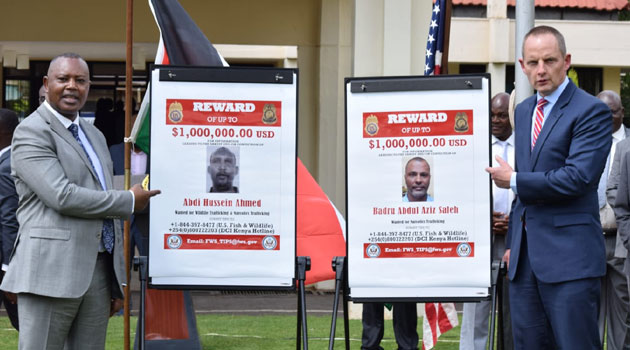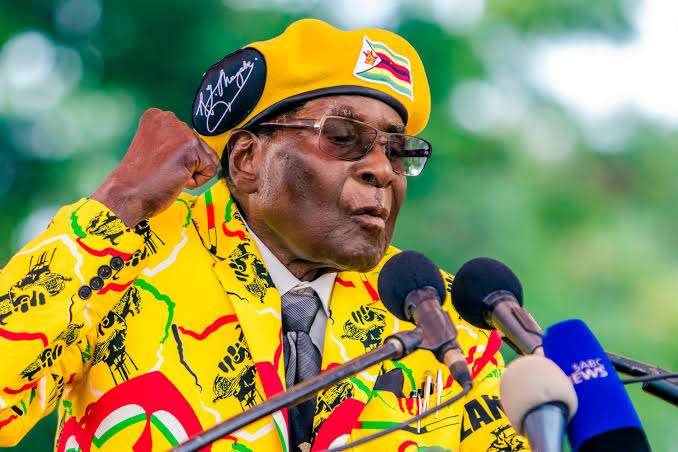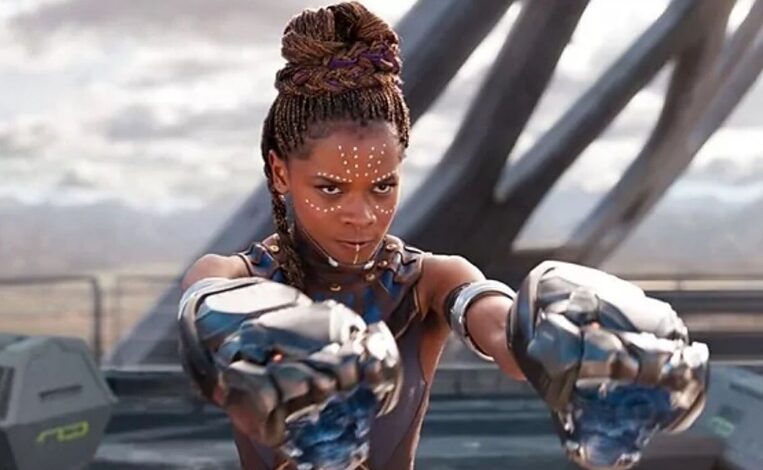
Avellon Williams
GEORGETOWN, GUYANA- The Guyanese actress Letitia Michelle Wright was born on 31 October, 1993 in Georgetown, Guyana, and moved to England with her family when she was seven. She grew up in Tottenham, North London, England.
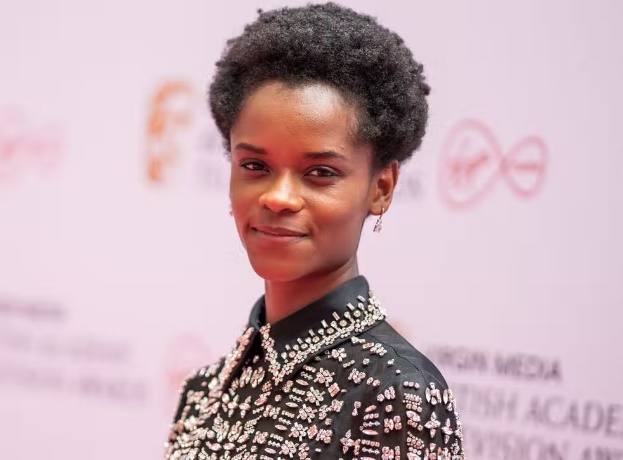
The culture shock was unavoidable – from the climate to the people. “In Guyanese culture, we are accustomed to greeting each other good morning and good afternoon, being close to our neighbours, helping each other out, and staying united despite our circumstances. She recalls that when she moved to England, everyone avoided you, locked themselves away indoors, and no one said hello to each other.”
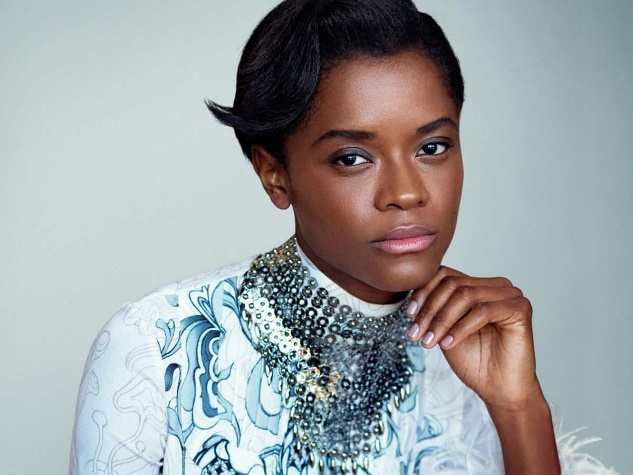
Adapting to her new home also sowed the seeds of her acting talent. She was laughed at by the children at her primary school because of her accent. Hence, she resolved to transform how she sounded with the steely determination that would characterize many other major moments of her life. Although the Guyanese accent hasn’t disappeared, it isn’t as prevalent. Despite all this, she can still slip into it at will – especially when her mother is around.
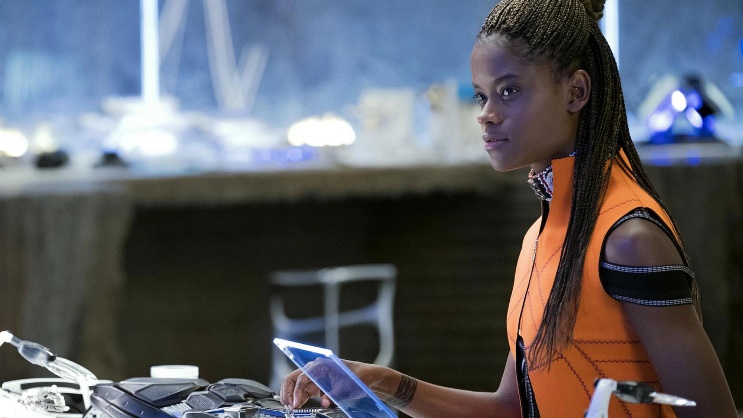
The first roles she played were guest roles in television shows such as Top Boy, Coming Up, Chasing Shadows, Humans, Doctor Who, and Black Mirror. In recognition of the latter, she was nominated for a Primetime Emmy Award. The British Academy of Film and Television Arts (BAFTA) named Wright among the 2015 group of BAFTA Breakthrough Brits for her role in Urban Hymn.
As soon as she realized this was the path for her, she set about making it happen despite her family’s opposition.
“When I grew up in Guyana, we didn’t have an acting industry,” she explains. “We’re more focused on the academic side of things — being a lawyer or a doctor or a teacher.”
But in Britain, there was one shining exception: “We had this amazing show called Desmond’s, about this Guyanese man and his wife — they have a barbershop in Peckham . . . And this is a hit show. I grew up on Desmond’s, and he represented Guyana. He made us proud,” she told Ebony.
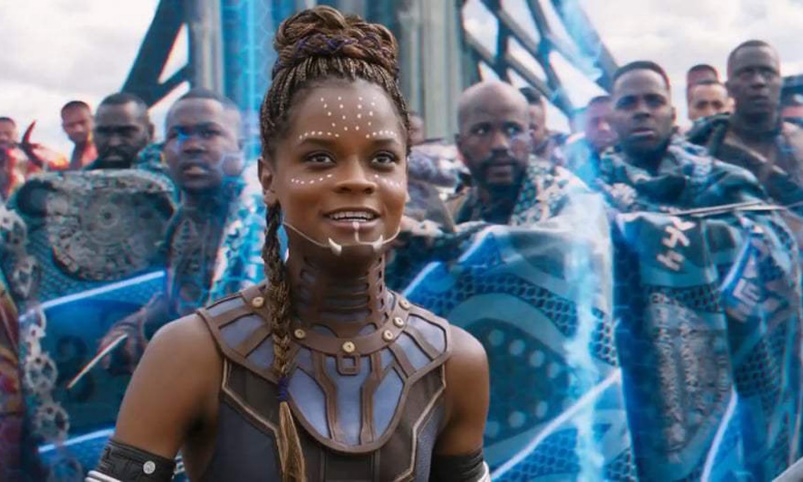
In 2018, she won a NAACP Image Award and a SAG Award for her role as Shuri in the Marvel Cinematic Universe FilmBlack Panther. It was a role she reprised in Avengers: Infinity War (2018) and Avengers: Endgame (2019), which became the second highest-grossing film of all time. Wright played the lead role in the West End production of Black Panther co-star Danai Gurira’s play Eclipsed.
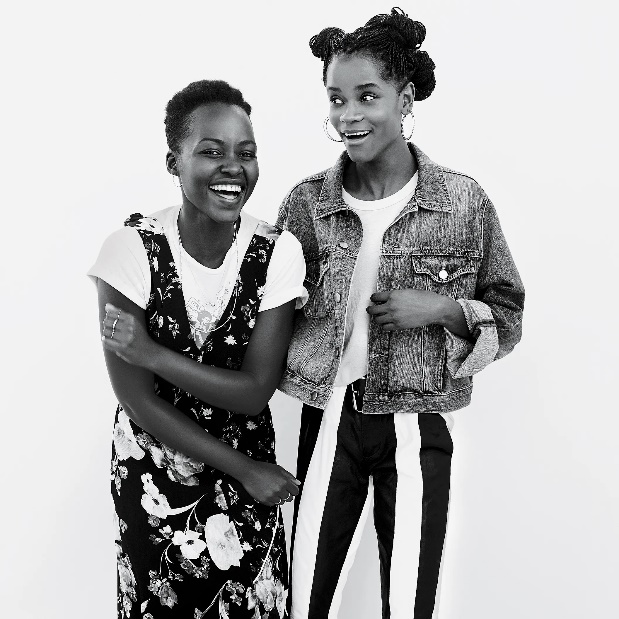
In what she describes as a “strange triangulation,” Lupita Nyong’o another Black Panther colleague got the role when the play was performed later that year in New York City.
As a Rising Star, Wright received a BAFTA award in 2019. Additionally, she was nominated for a Satellite Award for her role in the 2020 anthology series Small Axe.
As she approached this point in her career, she gained undeniable momentum. Wright herself, however, was very concerned about the outcome.
Wright has spoken openly about her depression struggles. Vanity Fair reported in 2018 that when she first experienced depression at the age of 20, she “was in the dark going through so many bad things.”.
The actress credits her Christian faith for helping her overcome depression, which she discovered at a London actors’ Bible study.
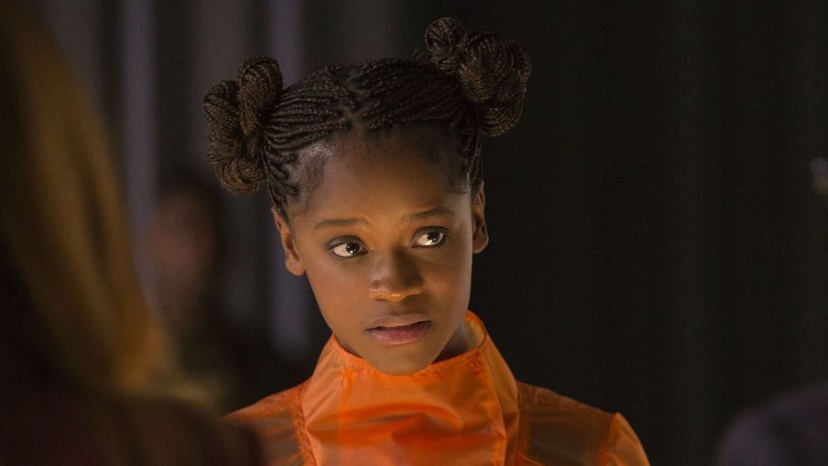
As part of her recovery, she turned down film roles and was prepared to give up everything she had. Her later explanation was that she “had to take a break from acting” and went on a journey to discover her relationship with God. She became a Christian.”
“The only thing that pulled me out of it was God, my belief, my faith, and my family — and an email from BAFTA asking me to become part of the BAFTA Breakthrough Brits. And I was like, let me try again.”
With her open candor, she’s becomes one of the many stars who openly discuss depression and frequently encourage others.
“For me, I just speak on it, because maybe there’s that kid that’s seventeen, locked up in their room like I was, and thinking that they can’t contribute to the world, and having these negative thoughts — and seeing me talk about it and saying that I actually flipped it and flipped my mindset,” she told Access Hollywood.
“Now I’m in a positive space, and they can get there too.”
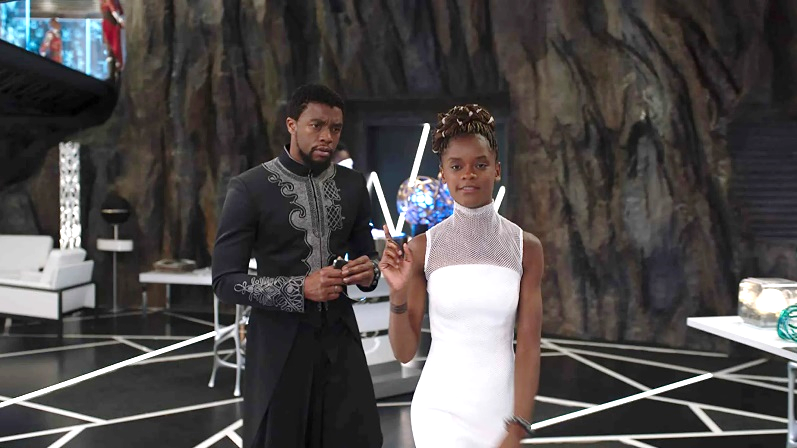
Although she has achieved meteoric success and is surrounded by intense attention, Wright remains grounded. “I have the benefit of calling on colleagues for advice, including Naomie Harris, who has Caribbean parents (Jamaicans and Trinidadians). I asked her how she has dealt with fame, and she replied that how you carry yourself determines how others treat you”.
People will relate to you more if you remain humble and treat them with love, and you won’t have that whole “Oh my god, I’m a celebrity” feeling.”
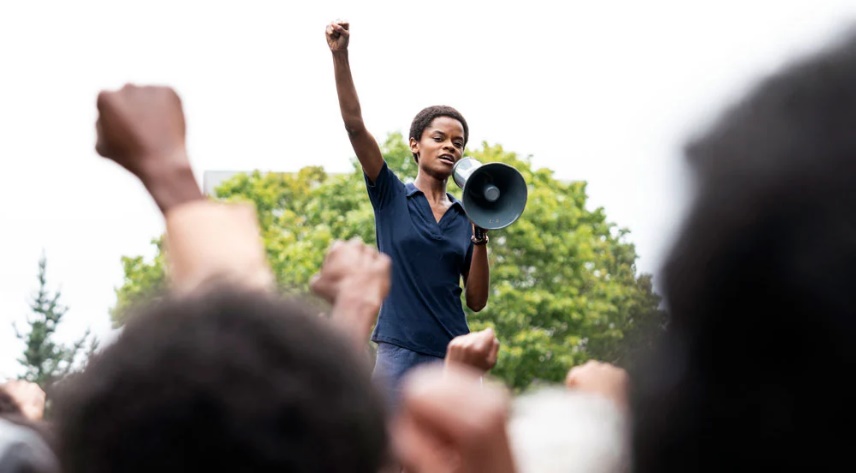
Even though it is a bit overwhelming at times, Wright takes pride in the enthusiastic response of people back home in Guyana. She says she represents Guyana wherever she goes. “My heart is full of joy that people are supporting me”. “Hopefully, it continues to inspire people – it’s an honor to do that for my country.”
The actress doesn’t plan on sitting around waiting for films to come to her. She is dedicated to making as many indies as possible, and – taking inspiration from Viola Davis and fellow Black Panther star Michael B. Jordan – she is determined to learn more about producing so she can tell diverse stories.
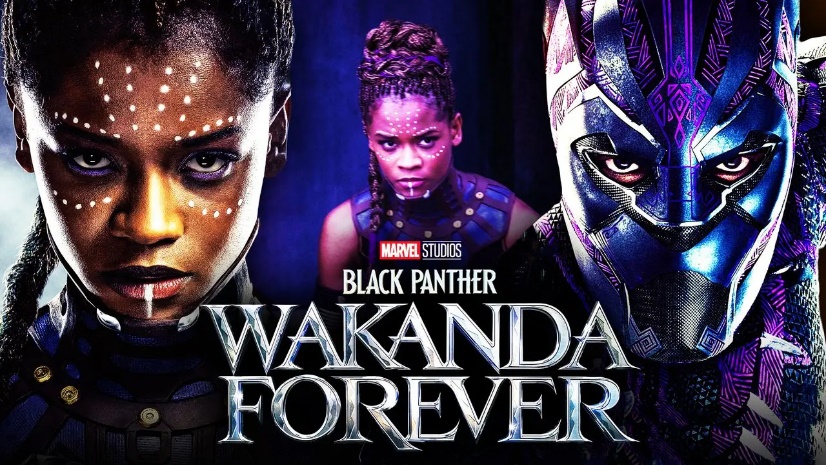
Letitia Wright never imagined she would make it to Hollywood as a child growing up in Guyana. In a career that included stage and television performances and recognition early for her talent, playing the Black Panther was the break every actor dreamed of getting.


